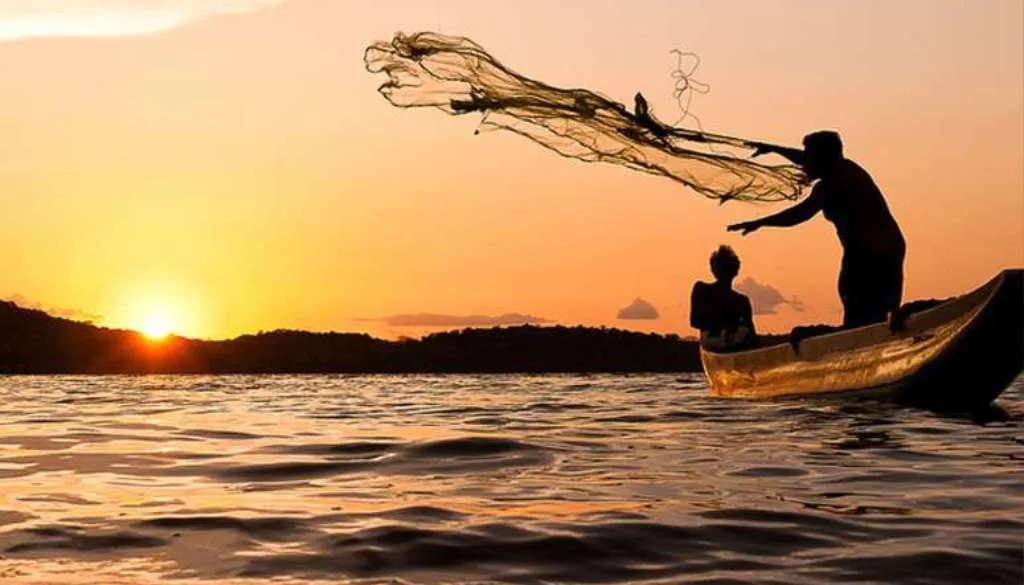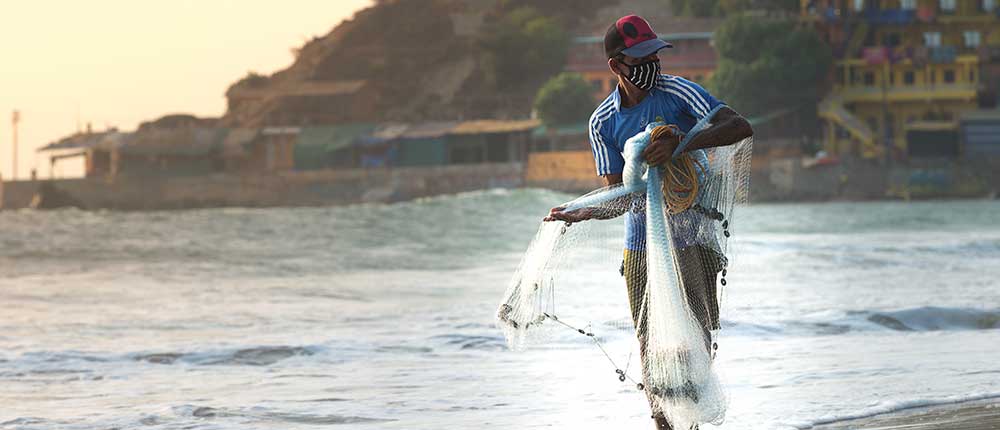
Traditional Practices and Government Regulations
At the onset of June, Fisherman in Goa begin their annual hiatus from fishing activities, lasting two to three months until the end of August. This break coincides with the government-imposed fishing ban during the monsoon season along India’s western coast, aligned with the southwest monsoon. The ban aims to safeguard fish breeding grounds crucial for replenishing marine stocks.
Environmental and Operational Challenges
The monsoon fishing ban is essential as it allows fish populations to replenish naturally. Rough monsoon winds further hinder fishing efforts, particularly for boats without high-powered engines, complicating the livelihoods of fishermen who depend on the sea for income.
Interstate Conflicts and Legal Complexities
Despite Goa’s efforts to enforce the ban within its territorial waters, conflicts arise with Fisherman from neighboring states like Karnataka. Who often trespass into Goan waters to exploit reduced competition. Goa’s jurisdiction extends only up to 12 nautical miles from its coastline, allowing boats from other states to fish beyond this limit.
Local Perspectives and Advocacy
Goan Fisherman express frustration over the disparate enforcement of fishing bans. Advocating for unified regulations across states to ensure equitable conservation practices. They argue that a synchronized approach would better protect fish stocks and maintain sustainable fishing practices. Bernard de Souza, a retired trawler business owner, compares marine conservation to agricultural practices, emphasizing the sea’s limited capacity to sustain fish stocks annually.
Modern Challenges and Sustainable Solutions
Disputes over the monsoon fishing ban intensify with the growth of mechanized fishing. And the proliferation of trawlers, which can disturb marine ecosystems by disrupting fish egg beds. The ban, lasting 45 days, is shorter than those in many coastal regions globally. Prompting calls from traditional Fisherman for longer bans to safeguard fish populations.
Interstate Coordination and Legislative Reform
Efforts to resolve conflicts involve delegations from Goa, Maharashtra, and Karnataka. Urging the central government to revise fishing ban dates to align with regional ecological needs and economic interests. Goa’s Fisherman seek extended bans to mitigate threats from high-powered trawlers and ensure sustainable livelihoods.
In conclusion, the monsoon fishing ban serves as a critical tool for balancing ecological conservation with economic livelihoods in coastal communities. Synchronizing regulations and fostering interstate cooperation are essential steps toward ensuring the long-term sustainability of India’s marine resources.


